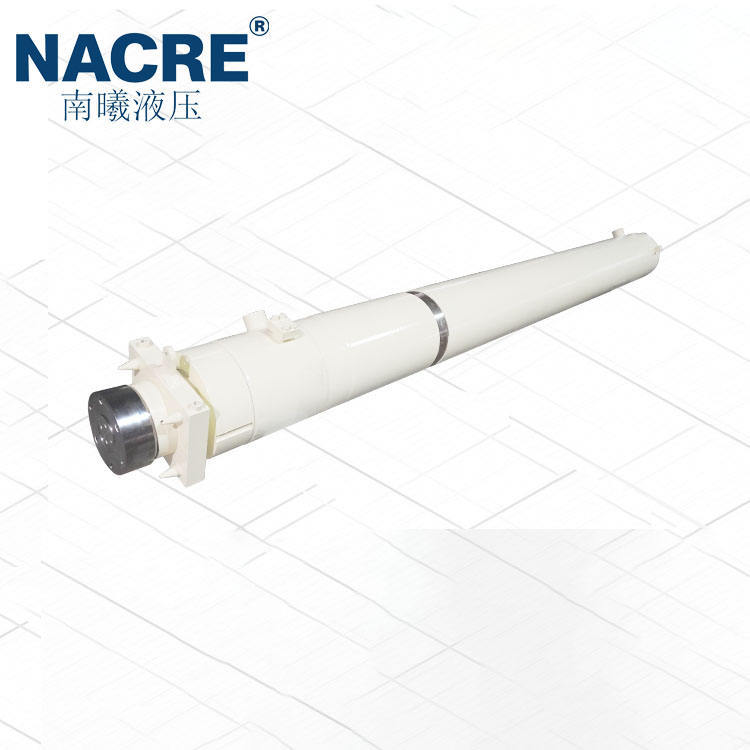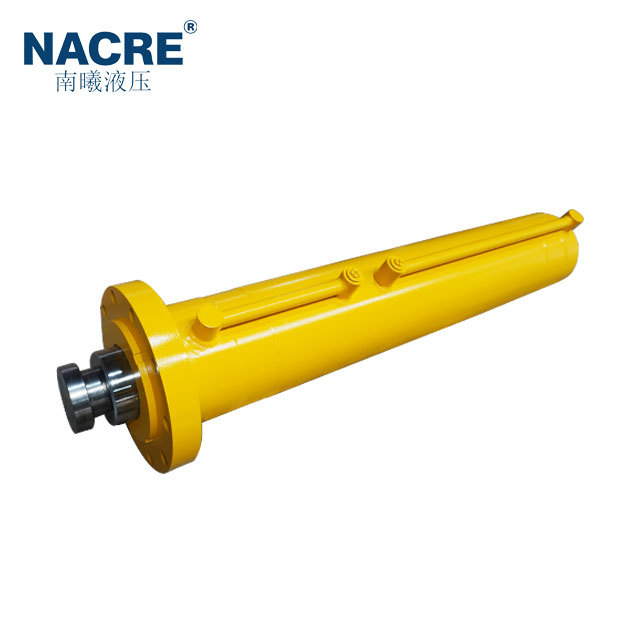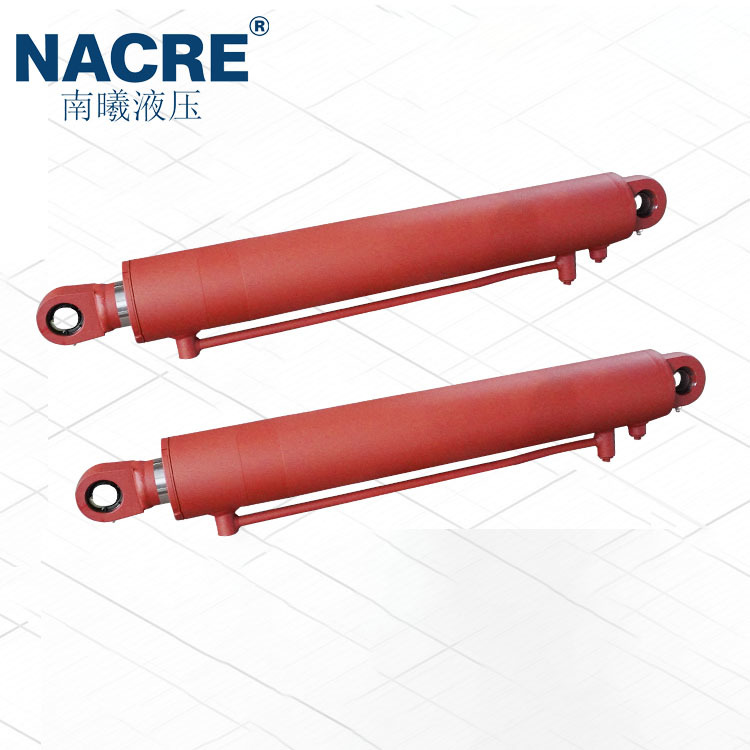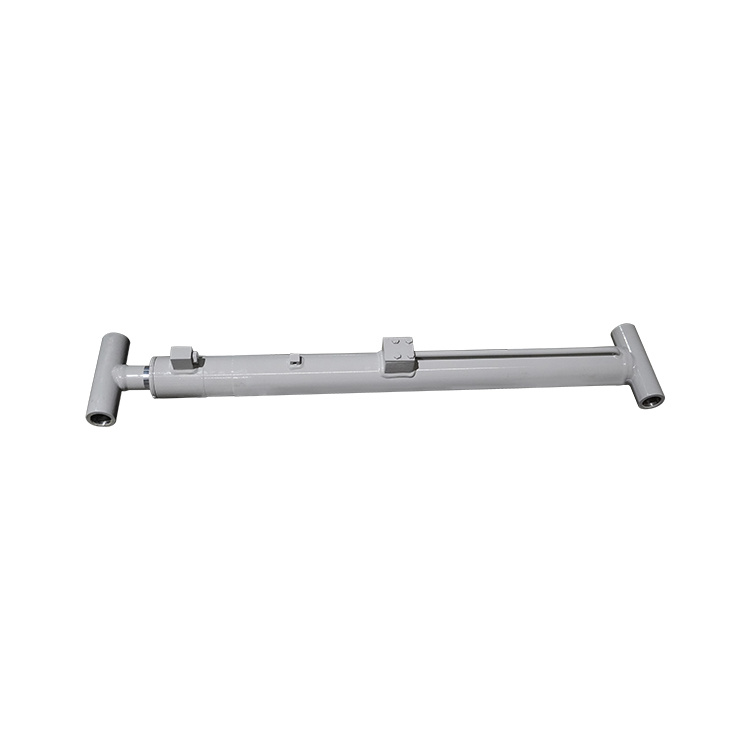Common Issues with Shield Machine Cylinders and Effective Solutions
2025-09-28
Common Issues with Shield Machine Cylinders and Effective Solutions
Introduction to Shield Machine Cylinders
Shield machine cylinders play a crucial role in various industrial applications, particularly in tunneling and excavation projects. These hydraulic cylinders are essential for the operation of shield machines, which are widely used for boring tunnels. Understanding the common issues associated with these cylinders is vital for ensuring their optimal performance and preventing costly downtimes.
Importance of Proper Maintenance of Shield Machine Cylinders
Regular maintenance of shield machine cylinders is critical for operational efficiency. Neglecting maintenance can lead to severe problems such as leaks, reduced power output, and ultimately, complete cylinder failure. Proper care not only enhances performance but also extends the lifespan of these vital components.
Major Components of Shield Machine Cylinders
To effectively address issues that arise in shield machine cylinders, it's important to understand their major components:
- **Cylinder Barrel**: The main body that houses the hydraulic fluid.
- **Piston**: Moves within the cylinder barrel, creating pressure.
- **Seals and Gaskets**: Prevent hydraulic fluid leakage.
- **Rod**: Connects the piston to the shield machine mechanism.
- **End Caps**: Close off the ends of the cylinder barrel.
Common Issues with Shield Machine Cylinders
Identifying the common issues with shield machine cylinders is the first step in troubleshooting. The following sections discuss prevalent problems and their solutions.
1. Hydraulic Fluid Leaks
**Hydraulic fluid leaks** are one of the most frequent issues encountered with shield machine cylinders. They can lead to significant operational inefficiencies and increased environmental risks.
- **Causes**: Worn seals and gaskets, physical damage, or improper installation.
- **Solutions**: Regular inspection and timely replacement of seals and gaskets can mitigate this issue. Additionally, ensuring proper installation techniques can prevent premature wear.
2. Reduced Piston Movement
**Reduced piston movement** can significantly impact the performance of shield machines. When the piston does not move freely, it leads to inefficient operation.
- **Causes**: Contaminated hydraulic fluid, debris, or cylinder misalignment.
- **Solutions**: Regularly changing the hydraulic fluid and ensuring a clean environment can help reduce contamination. Proper alignment during installation is also critical.
3. Cylinder Corrosion
**Corrosion** in shield machine cylinders can drastically reduce their lifespan and operational efficiency.
- **Causes**: Exposure to moisture, harsh chemicals, or improper storage conditions.
- **Solutions**: Using corrosion-resistant materials and applying protective coatings can help. Additionally, storing cylinders in a dry environment can prevent moisture-related corrosion.
Preventive Measures for Corrosion
- Regularly inspect for signs of corrosion.
- Apply protective grease to exposed surfaces.
- Store cylinders in climate-controlled environments.
4. Overheating of Hydraulic Fluid
**Overheating** can lead to hydraulic fluid breakdown, causing severe damage to shield machine cylinders.
- **Causes**: Excessive use, inadequate cooling systems, or high ambient temperatures.
- **Solutions**: Installing efficient cooling systems to regulate temperature and conducting routine thermal inspections can help prevent overheating.
5. Cylinder Misalignment
**Misalignment** of shield machine cylinders can lead to uneven wear and tear, affecting performance.
- **Causes**: Improper installation, wear over time, or external impacts.
- **Solutions**: Regular alignment checks and adjustments during installation and maintenance can minimize this risk.
Effective Troubleshooting Techniques
Identifying problems early is essential for effective troubleshooting. Here are some methodologies to apply:
1. Visual Inspections
Conduct regular visual inspections of shield machine cylinders to detect leaks, corrosion, or physical damage. Look for signs of wear on seals and gaskets.
2. Fluid Analysis
Perform fluid analysis to check for contaminants or degradation in the hydraulic fluid. This information is critical for planning maintenance.
3. Performance Monitoring
Utilize monitoring systems to track the performance of hydraulic cylinders. Sudden changes in pressure or movement can indicate underlying problems.
Maintenance Best Practices for Shield Machine Cylinders
Implementing best practices for maintenance can significantly enhance the performance and longevity of shield machine cylinders.
Regular Inspection Schedule
Establish a routine inspection schedule to check for leaks, corrosion, and performance issues. Following a structured plan ensures that all components are routinely evaluated.
Hydraulic Fluid Management
Maintain proper hydraulic fluid levels and ensure that the fluid is clean. Regular fluid changes based on manufacturer recommendations will keep the system running smoothly.
Training Personnel
Invest in training for personnel to ensure they understand the importance of maintenance and how to perform it correctly. Knowledgeable staff can identify and rectify issues before they escalate.
Documentation and Reporting
Maintain a detailed log of inspections, maintenance activities, and any issues encountered. This documentation can help in identifying patterns and potential problems in the future.
FAQs About Shield Machine Cylinders
1. What are the main causes of hydraulic fluid leaks in shield machine cylinders?
The primary causes include worn seals and gaskets, physical damage to the cylinder, and improper installation practices.
2. How often should I inspect my shield machine cylinders?
Regular inspections should be conducted monthly, with comprehensive evaluations performed at least quarterly, depending on usage.
3. What type of hydraulic fluid is best for shield machine cylinders?
The best hydraulic fluid is one that meets the manufacturer's specifications, usually a high-quality, low-viscosity hydraulic oil designed for extreme conditions.
4. Can corrosion be completely prevented in shield machine cylinders?
While it may not be possible to completely prevent corrosion, its effects can be significantly minimized through proper storage, regular inspections, and the use of protective coatings.
5. What should I do if my shield machine cylinder is overheating?
If overheating occurs, stop the operation immediately. Check the cooling system, evaluate the hydraulic fluid, and address any environmental factors contributing to the overheating.
Conclusion
Understanding the common issues associated with shield machine cylinders and implementing effective solutions can significantly improve operational efficiency. By prioritizing regular maintenance, conducting routine inspections, and addressing issues promptly, we can ensure that shield machine cylinders operate at their best, contributing to the overall success of industrial projects. Always remember that proper care not only enhances performance but also extends the lifespan of these critical components, ultimately reducing costs and increasing productivity.
Previous Page
Previous Page
Questions?
We are here to help.






